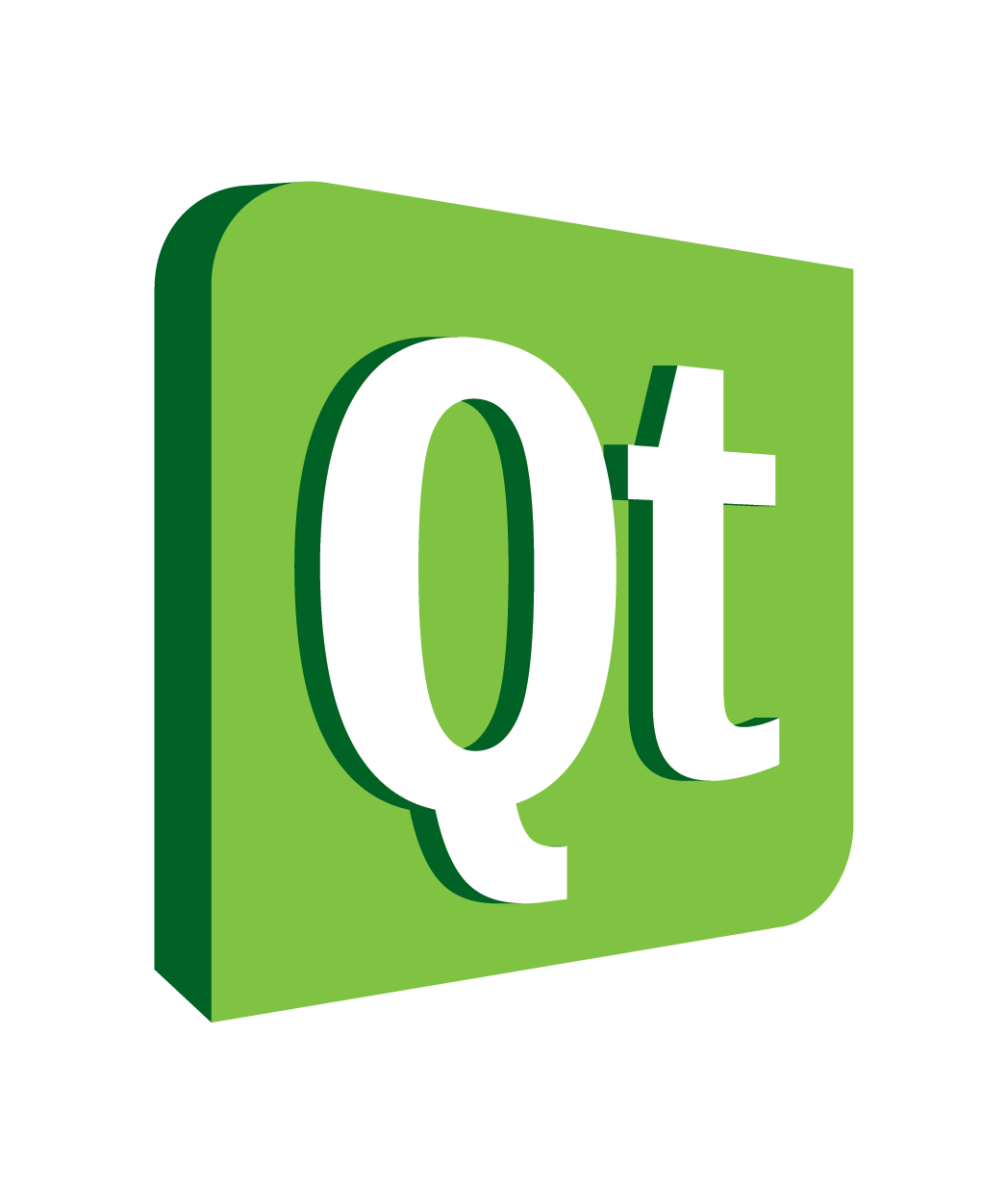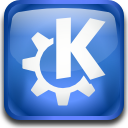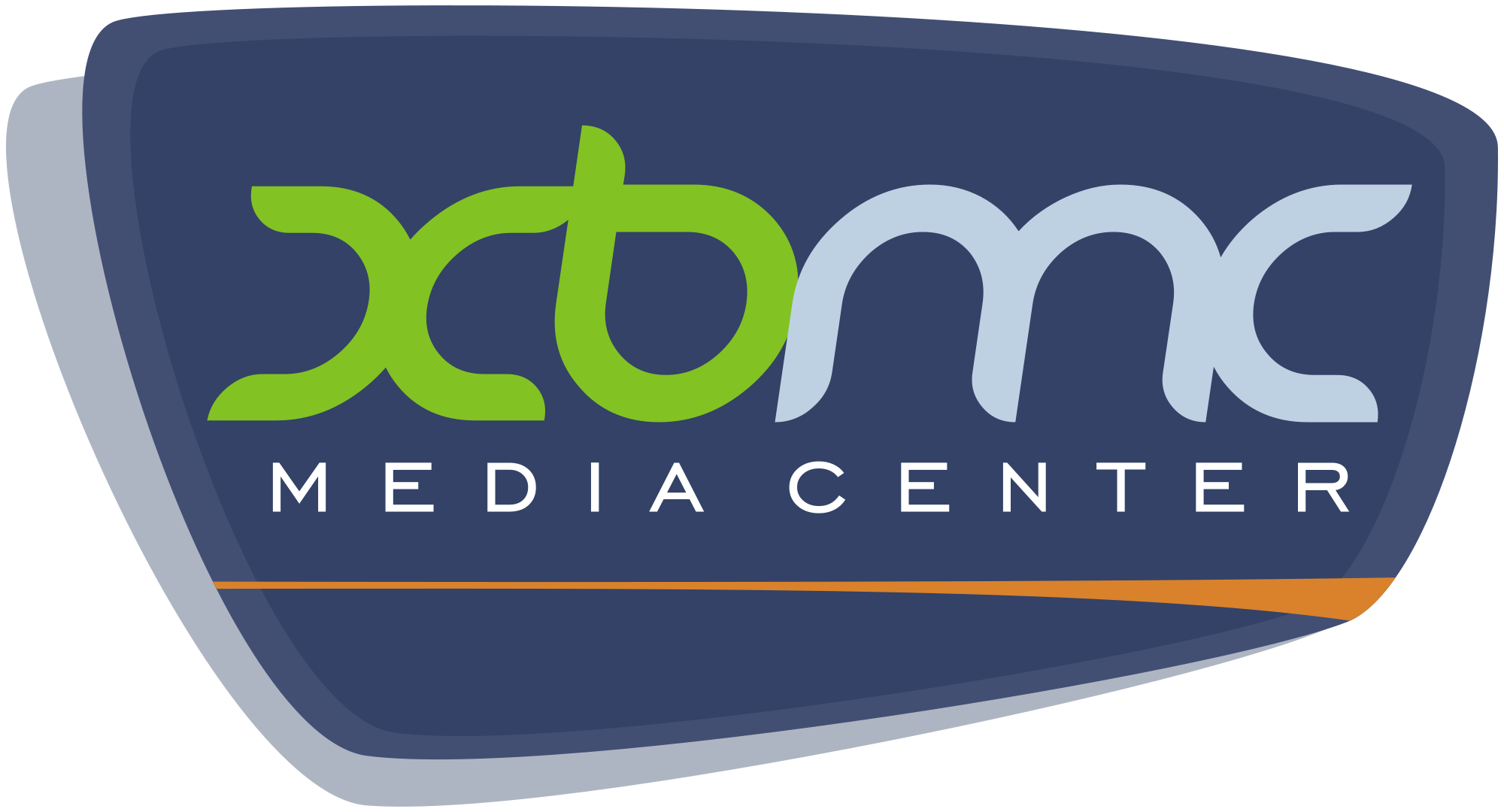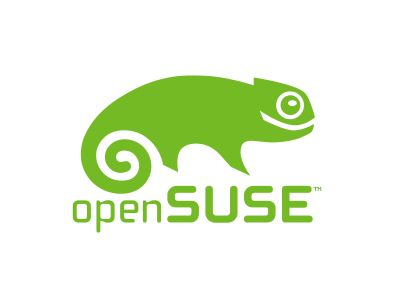Who Uses MirrorBrain?
All logos are used with kind permission of their owners. (If you want to link to MirrorBrain in turn, please find logos and artwork here.)

Nearly everybody knows the VLC media player. VLC used the Sourceforge platform for downloads for a short time, then rethought their mirror infrastructure and switched to MirrorBrain. Here's the rationale.

GNOME is a desktop environment for computers, announcing their new mirror infrastructure here.

The Qt Project is an application framework for cross-platform development, very popular among developers. To my great pleasure, they started using MirrorBrain. Cute!

Kiwix can make Wikipedia (and other HTML content) available for offline use. Without the Internet. Which is great!

Antergos, a Linux distribution based on Arch Linux (former name: Cinnarch).

The KDE Community is an international free software community producing an integrated set of cross-platform applications designed to run on Linux, FreeBSD, Microsoft Windows, Solaris and Mac OS X systems. Per announcement here, MirrorBrain is used for their extensive mirror network (there's a map). More details about the deployment from the perspective of one of the KDE sysadmins.

Xfce is a popular desktop environment for UNIX-like operating systems. For downloads around the world, MirrorBrain is used.

The MeeGo project was launched in the beginning of 2010 by Nokia, Intel and the Linux Foundation. It is a Linux operating system for mobile computers. Their downloads are managed through MirrorBrain. Update 2/2014: The successor project Tizen uses AWS (Amazon Web Services), a commercial CDN that charges 100-190€ per TB delivered...

The Document Foundation was launched in September 2010 and is proud to be the home of LibreOffice, the next evolution of the world's leading free office suite. Its mirror network was built on MirrorBrain from the start, in a very short time. Thanks to the awesome support of the involved mirrors, mere 24 hours were enough to get 33 mirrors up and running. (Beginning of 2012: 90 mirrors in use.)

ArchServer, a derivative work of Arch Linux, announced that they use MirrorBrain for their mirror management.

FOSDEM (Free and Open Source Developers' European Meeting) is a European event centered around Free and Open Source software development. MirrorBrain is used to deliver video recordings.

OpenOffice.org switched to MirrorBrain in February 2010. The MirrorBrain server runs at http://download.services.openoffice.org/ and it is a larger setup, with more than 100 mirrors, and it has heavy traffic to push through.

XBMC, an award-winning free and open source (GPL) software media player and entertainment hub for digital media, uses MirrorBrain through http://mirrors.xbmc.org/.

The Free Software Foundation (FSF), a nonprofit with a worldwide mission to promote computer user freedom and to defend the rights of all free software users, delivers video content through MirrorBrain.

The Sugar Learning Platform is the core component of a worldwide effort to provide every child with equal opportunity for a quality education. Available in 25 languages, Sugar’s Activities are used every school day by one-million children in more than forty countries.

SourceForge.net® doesn't run a complete MirrorBrain setup, but uses parts of the technology (parts of mod_asn) to base their mirror selection on Autonomous System Number (ASN) data.

The openSUSE Education project is a community-driven initiative fostering openSUSE in schools. They publish ISO images and package repositories, and use MirrorBrain to deliver them to users. Lars Vogdt, one of the driving forces behind openSUSE Education, is also a committer on the MirrorBrain project.

The Linux Administrator Project builds and distributes RPM packages through http://download.obs.j0ke.net/.

The Go-oo project were the first group to use MirrorBrain after openSUSE, and are a happy user since spring 2008. The download page uses the MirrorBrain server at http://go-oo.mirrorbrain.org for several of their downloads.
Tree size: 10G, ~3000 files. 13 active mirrors in the database.

The openSUSE project uses MirrorBrain since April 2007 on http://download.opensuse.org/, and on some other download servers.
The file tree there is about 1.7 Terabyte in size and contains more than 1.200.000 files in ~75.000 directories. The box gets 20.000.000 to 40.000.000 hits a day, i.e. 250-450 per second, and distributes them to more than 150 active mirrors.
Another MirrorBrain instance runs on powerpc.opensuse.org, a separate download server for the distribution of openSUSE builds for the PowerPC architecture. It is a comparably small installation, with only 40.000 files and 5 mirrors.
